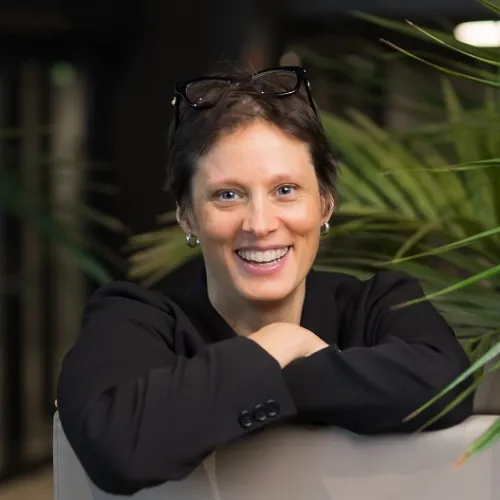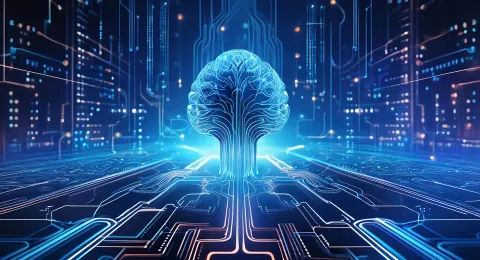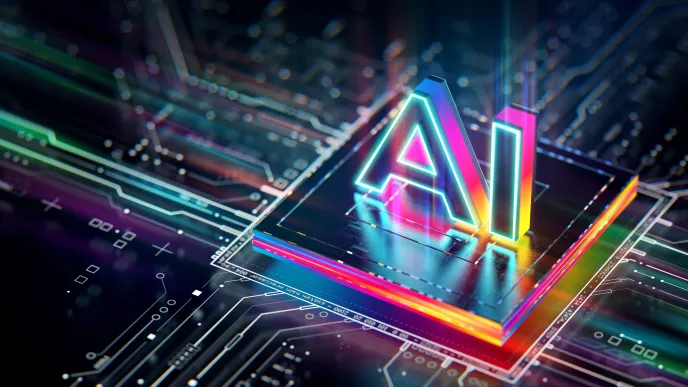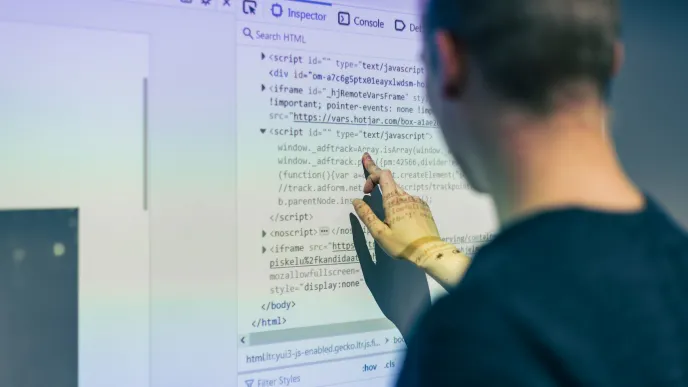The generative artificial intelligence (AI) chatbot ChatGPT is currently the main driver for value creation in a digital society, as it makes employees more productive and allows for new business models. However, it also causes new kind of job insecurity. Not only will less demanding routine tasks be affected, but also more demanding ones in the IT sector.
Kathrin Komp-Leukkunen, professor of social sciences at LUT University, has investigated the labour market effects of ChatGPT for software engineers in Finland.
“The labour market situation is an essential contributor to social sustainability in today’s work-centred societies, because it determines the financial situation, social inclusion, and well-being of individuals. I have studied how software engineers are faring in the labour market after the introduction of ChatGPT. It changes who the winners and losers are among software engineers,” Komp-Leukkunen says.
“We currently have a shortage of software engineers. Instead of increasing unemployment, ChatGPT could actually help address the software engineer shortage and, consequently, improve the labour market.”
ChatGPT has the potential to disrupt the labour market
ChatGPT is a chatbot based on generative artificial intelligence, which can, for instance, write text or computer code. On the one hand, software engineers are the ones who drive the development of technologies such as ChatGPT, but on the other, ChatGPT can take over some of their tasks.
According to Komp-Leukkunen, ChatGPT has the potential to largely disrupt the labour market, and software engineers must adapt to that.
“It seems unlikely that ChatGPT would replace software engineers on a large scale. Rather, ChatGPT may become a mandatory tool that software engineers must learn to master. ChatGPT may also increase anyone’s basic programming skills. As a result, software engineers are likely to shift to complex tasks and management,” she says.
AI improves productivity and work results
The software divisions of both established companies and startups can increase productivity and achieve better results thanks to ChatGPT. That might lead to a restructuring of software departments. ChatGPT changes how many software engineers are needed, what skills they need to have, and which of them can easily get a job.
“Companies can use the findings of the study for HR planning and development. A better match between the demand and supply of software engineers means that companies can better realize their development ideas, which may help create better digital products and services in the future,” Komp-Leukkunen says.
“Startups need to grow within a tight budget, which is easier with ChatGPT. That’s why they are among the first to instruct their software engineers to use ChatGPT. Established companies are likely to follow at a slightly slower pace.”
New demands for software engineering education
Software engineers can utilise the findings of the study to plan their own training and learning, especially regarding generative AI. The study also indicates what university education for software engineers should look like. Universities and software engineering students can use the insights to update the curricula and extracurricular activities in software engineering study programmes. Going forward, research and education must keep a close eye on generative AI.
“ChatGPT is still a very young technology, and its labour market effects are only beginning to emerge. As ChatGPT develops further, its effects might shift. The European Union just introduced the AI Act, and national governments may follow. Such legislation could affect how ChatGPT is used in the workplace, and therefore, what effects it has on the labour market,” Komp-Leukkunen concludes.
For the study, Komp-Leukkunen interviewed fourteen experts, such as CEOs of software companies, software engineers, researchers and AI consultants. The study was recently published in the ‘Futures’ journal, which aims to build interdisciplinary research and knowledge about the relationships between humanity and its possible futures.
More information






